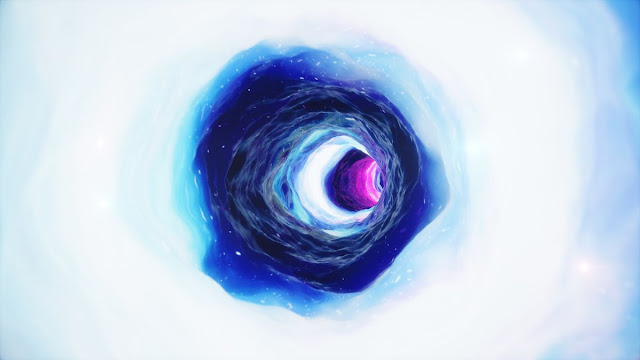Theoretically, according to Princeton researchers, it is possible to look back into the very beginning of time. Theoretically, the beginning of everything can be observed using gravitational waves, according to the researchers.
Deepen Garg, a PhD student in the Princeton Program in Plasma Physics, said in a news release that although "we can't see the early universe directly," "we might be able to see it indirectly if we look at how gravitational waves from that time have affected matter and radiation that we can observe today."
Scientists researched gravitational waves, which Albert Einstein initially predicted in 1916 as a result of the theory of relativity, by employing the same procedure for studying fusion energy. According to new calculations, gravitational waves "could theoretically lead gravitational waves to reveal hidden properties about celestial bodies, like stars that are many lightyears away."
It is hoped that by examining the qualities of light, scientists would be able to gather information about a star millions of lightyears distant while also learning about a variety of neutron stars, black holes, and stellar deaths.
Why not aim higher and look for any tiny wave that hints at a long-awaited Big Bang-style event?
Although the researchers acknowledge that they have formulae for studying this idea, "getting meaningful results will take more work," they note. Therefore, we will have to wait a little longer before commencing our journey back to the beginning of time.
